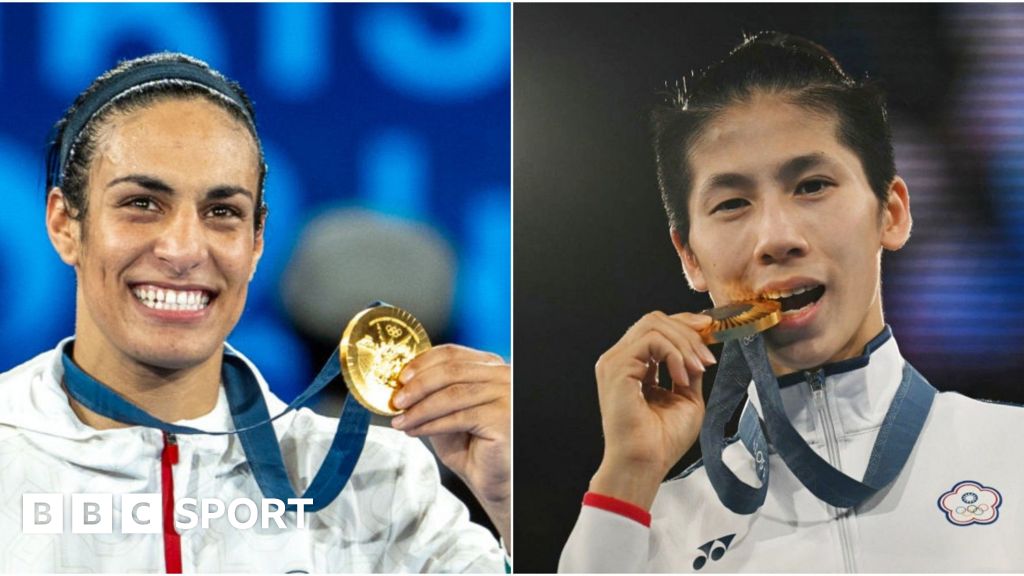Sports
Imane Khelif and Lin Yu-ting: Boxing eligibility row key questions

While far from the only controversy at Paris 2024, this was arguably the biggest and most divisive, with the issue dominating media conferences with IOC officials, and receiving huge amounts of coverage, especially with both fighters winning so convincingly and ultimately both claiming gold medals.
At its highest profile event, the IOC found itself accused of neglect, failing women and a denial of science. The turmoil has also tarnished Bach’s final year in charge of the IOC before he steps down in 2025.
It also led to global, and at times uninformed, scrutiny of the two fighters involved, especially on social media, where criticism by politicians and celebrities added to a frenzied and toxic debate over women’s safety, fairness and whether the Games had been tainted.
Indeed, Khelif has filed a legal case against what her lawyer has described as “misogynistic, racist and sexist” cyber bullying, claiming she has been the victim of a “digital lynching”.
In his speech at the opening ceremony, Bach had referenced the “Olympic spirit of living life in peace, as the one and only humankind, united in all our diversity”. Days later he was having to condemn the “hate speech, aggression and abuse” the boxing row had generated, suggesting it was part of a “politically motivated culture war”.
Bach added: “What we have seen from the Russian side and in particular from the IBA is that long before these Games, they have launched a smear campaign against France, against the Games, against the IOC.”
The war of words between the IBA and IOC was certainly an unedifying sideshow, and the boxing competition was gravely overshadowed by the storm, with several opponents of the two fighters making critical comments or staging protests. But it was also a reminder of the highly-charged and challenging geo-political context in which these Games took place. Gold medallists Khelif and Lin meanwhile will return to their countries as national heroes, but must now decide on what future they want to have in the sport, given the scrutiny they have been subject to.
This is not the first furore sparked by sport’s long struggle to regulate the female category of competition. But it may have been the most ferocious to date.








